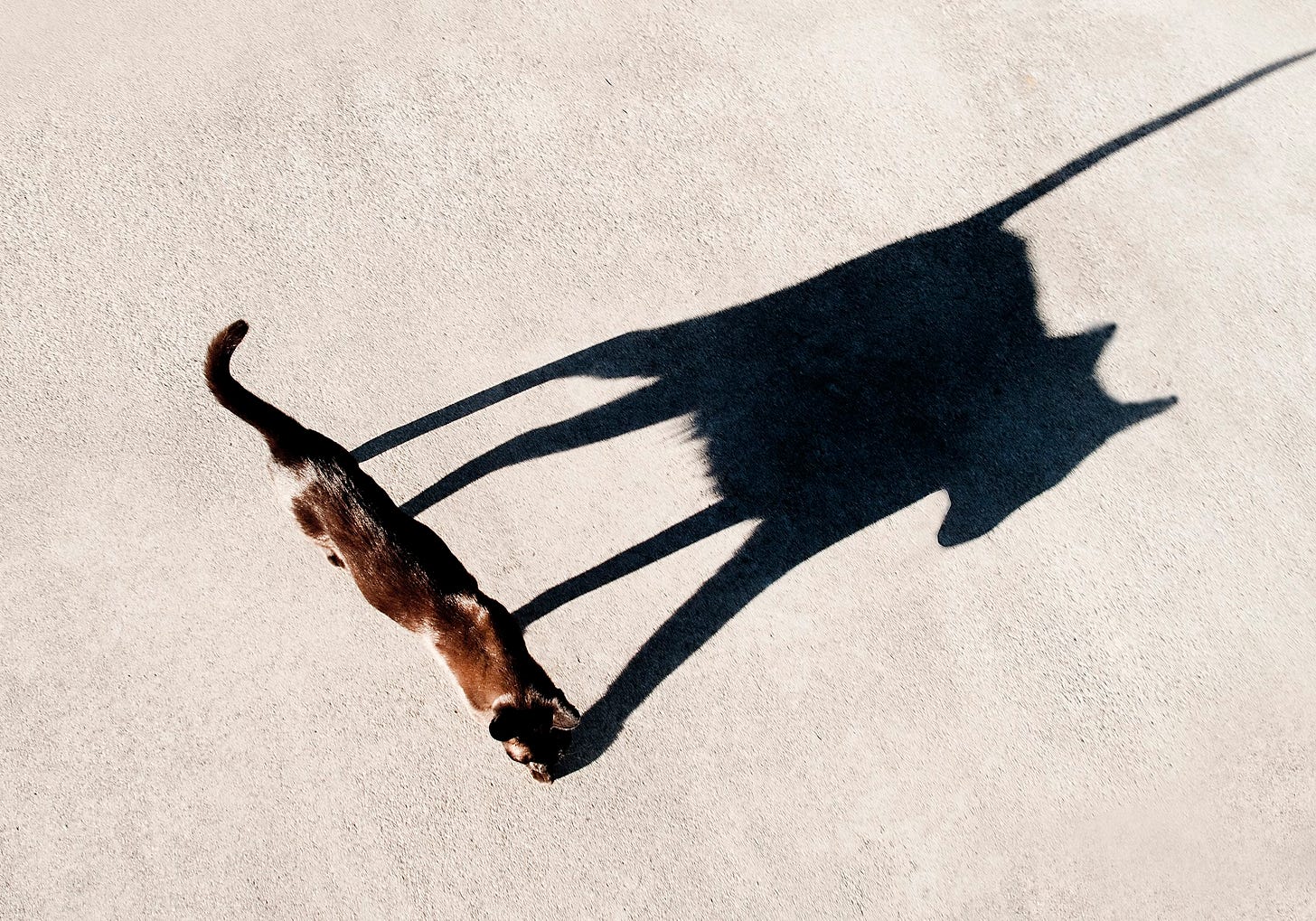The first time Jen heard the cat, she was in the bathtub. The meow was plaintive and unmistakable. She put down her glass of wine and listened, but it did not meow again.
She did not have a cat. She had no sort of pet at all, never had, not even as a child. Her neighbors did not have cats. In her garden-level apartment, perhaps one might have thought the cat was outside on the street; but there was no window in the bathroom, no wall shared with the outside, such that passing cat could have made the sound. There was—in short—no possibility of a cat that day, or any other day. Nonetheless, she knew what she’d heard. It had been a cat.
If she’d told this story to her mother, her mother would have said: wasn’t it a pipe? These old buildings.… And maybe for her, it would have been a pipe. But one thing Jen would have said, in that conversation, if she’d been having it, which of course she was not, was that her building was not old. It was new construct…


